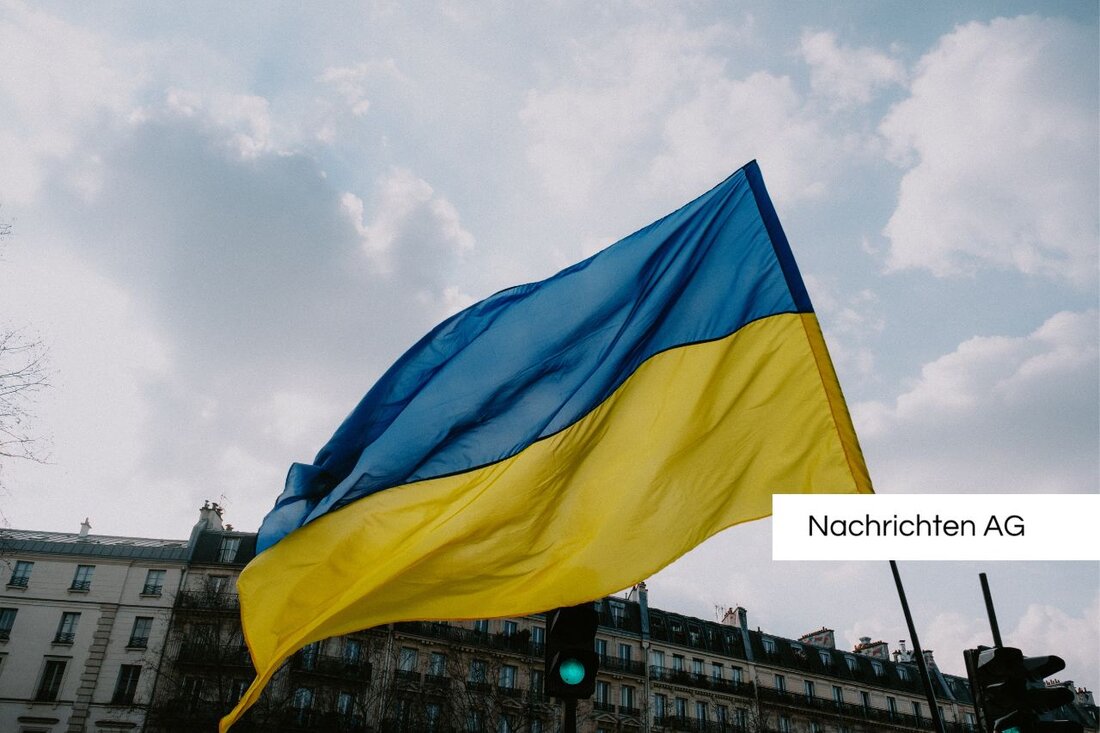Residence permits for Ukrainian refugees automatically extended until 2027!
Lüneburg automatically extends residence permits for refugee Ukrainians until March 2027. Important information here.

Residence permits for Ukrainian refugees automatically extended until 2027!
The situation for refugees from Ukraine remains stable. As the Hanseatic city of Lüneburg reported, the residence permits of Ukrainian refugees, which are valid on February 1, 2026, will automatically be extended until March 4, 2027. This represents an important relief for those affected and was made possible by a regulation by the Federal Ministry of the Interior that was issued at the beginning of the year.
Not only Ukrainian citizens benefit from this regulation, but also third-country nationals with protection status or a permanent residence permit in Ukraine who are registered in Germany. What is particularly pleasing is that the people affected do not have to apply for an extension - all residence permits that have already been issued remain valid until 2027. A visit to the immigration authorities is therefore not necessary.
Benefits of Auto-Renewal
It is important that this automatic extension means that existing rights, such as to work, study, receive social benefits and the opportunity to travel, continue to exist. Travel within the Schengen area is possible without restrictions. When traveling outside the Schengen area, those affected should find out in advance about the special entry and exit conditions, such as Integrationsleiter.de notes.
This unbureaucratic regulation is also a result of the efforts of State Minister Alabali-Radovan, who advocated for this flexible handling early in 2023. The measure not only helps to relieve the burden on the refugees themselves, but also to relieve the burden on the immigration authorities.
Information and transparency
All relevant authorities such as the Ukrainian embassy, EU member states and various ministries have been informed of this regulation. The immigration authorities in the city and district of Lüneburg will also inform those affected. It is worth noting that not all refugees are recorded; The new provisions do not apply to stateless persons or non-Ukrainian third-country nationals who do not have international protection status or a permanent right of residence in Ukraine.
In summary, it can be said that the situation remains positive for the over one million people from Ukraine who currently hold a residence permit in Germany in accordance with Section 24 of the Residence Act. These measures not only create legal certainty, but also help to facilitate integration into society.

 Suche
Suche
 Mein Konto
Mein Konto